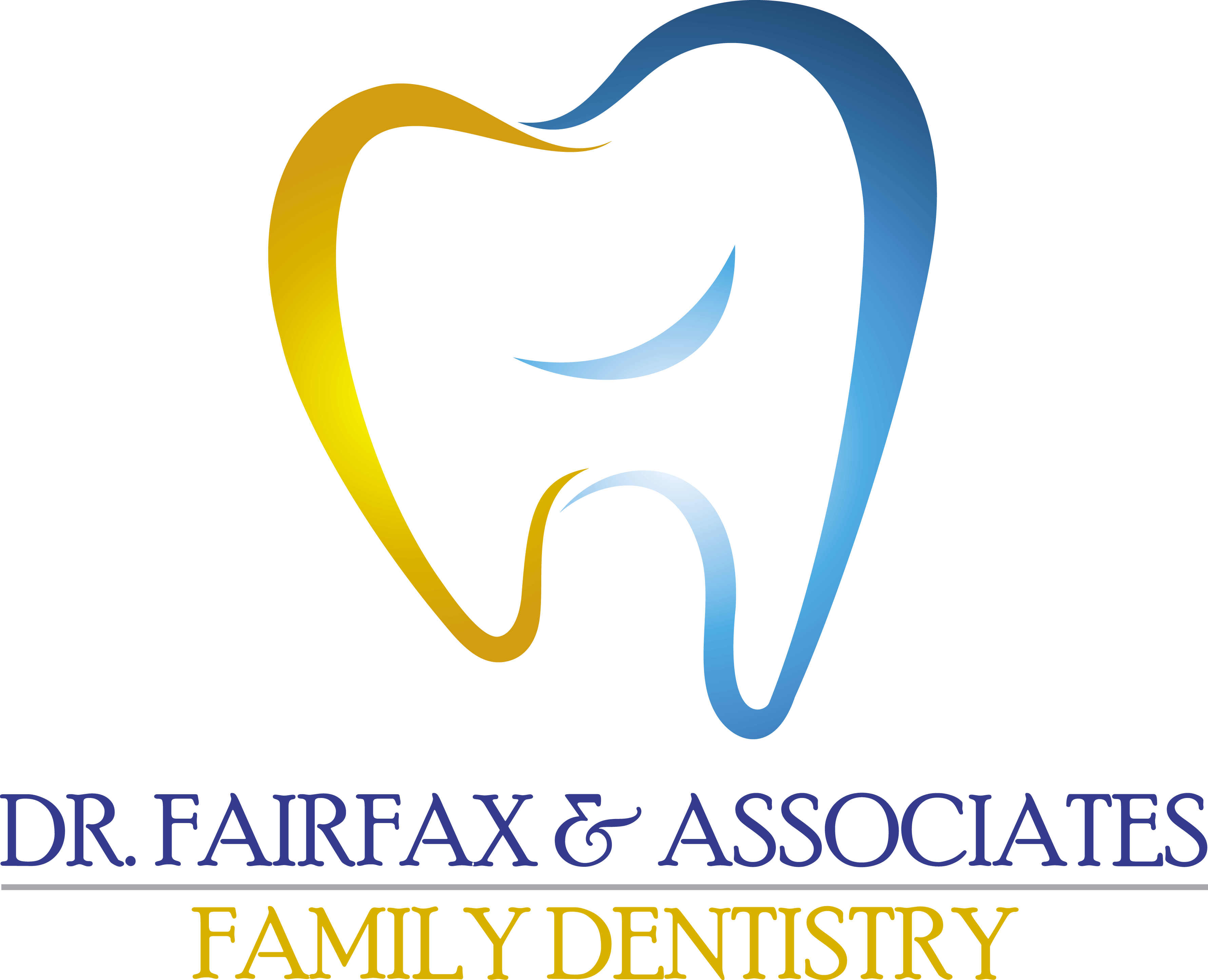TMJ Therapy: Finding Comfort and Relief for Jaw Pain
Posted by Dr. Fairfax & Associates Family Dentistry Mar 15, 2024

Millions of individuals suffer from the head, neck, and dental pain that are associated with jaw disorders. A significant portion of these cases stem from temporomandibular joint (TMJ) disorders.
The TMJ and Its Most Common Issues
TMJ syndrome is an issue that can arise in the joints that attach a person’s lower jaw to the skull and facilitate the movements needed for biting, chewing, and speaking. TMJ issues occur when an individual’s teeth, facial muscles, and temporomandibular joint are out of alignment.
A common cause of this misalignment is excessive grinding or clenching of the teeth, known as “bruxism.” Interestingly (unfortunately not in a fun way!), this relationship between bruxism and TMJ disorders actually goes both ways, as TMJ discomfort can cause individuals to excessively grind or clench their teeth, creating a negative cycle.
Beyond Bruxism: Other Causes of TMJ Pain
Beyond bruxism, a variety of factors can contribute to TMJ pain:
- Joint inflammation from arthritis
- Trauma to the head, neck, or jaw
- Misalignment between the upper and lower teeth
- Stress-related tensing of facial and jaw muscles, and clenching or grinding of the teeth
- Connective tissue damage in the TMJ from disorders like Ehlers-Danlos or Marfan syndrome
- Neck and jaw strain caused by poor posture
Common Symptoms of TMJ
TMJ dysfunction manifests in a variety of physical symptoms, including:
- Joint and muscle soreness in the jaw
- Clicking or popping in the jaw
- Locking or hampered movement of the jaw
- Excessive grinding or clenching of the teeth
- Flat or worn down chewing surfaces, which lead to increased enamel wear
- Sensitivity to cold temperatures or brushing
- Damage to natural teeth or dental restorations like crowns or bridges
- Severe headaches
The Most Convenient Dental Appliance for Correcting TMJ Pain
Fortunately, dental technology has provided us with a range of devices to treat TMJ pain non-invasively. The most common among these are “occlusal splints,” more commonly known as mouthguards or nightguards. These custom-crafted hard plastic devices fit over an individual’s upper teeth and protect natural teeth, crowns, bridges, dentures, and dental implants from the excessive wear of teeth grinding or clenching. Also, by providing this protection, nightguards help to relieve TMJ-related tension and pain in muscles and joints.
Top-Quality TMJ Treatment in Fairfax, VA
If you’re looking for a dentist in the Fairfax area with experience and expertise providing all manner of corrective care, from TMJ treatments to root canals, contact me, Dr. Cerina W. Fairfax, DDS, and my friendly and knowledgeable team at Dr. Fairfax & Associates to schedule a consultation!
More Blog Posts
Visit Our Office
Office Hours
- MON8:00 am - 5:00 pm
- TUE7:00 am - 5:00 pm
- WED8:00 am - 5:00 pm
- THU8:00 am - 2:00 pm
- FRIClosed
- SATClosed
- SUNClosed





